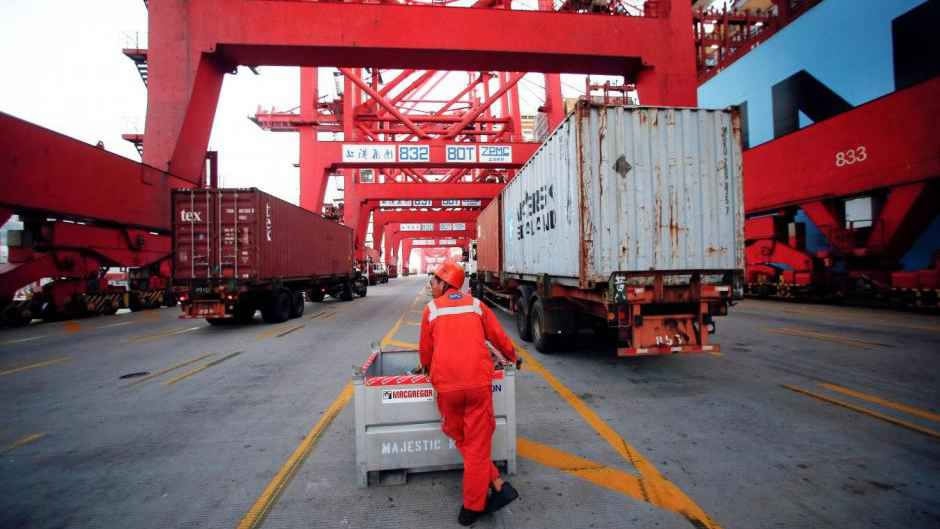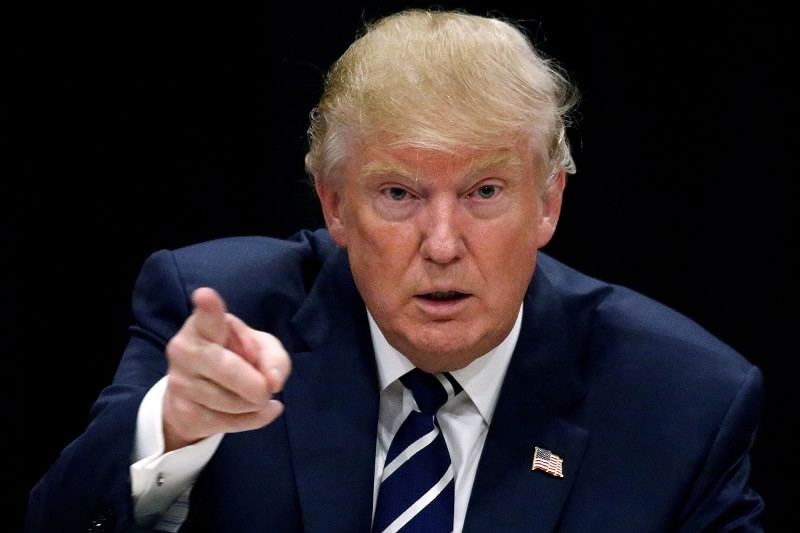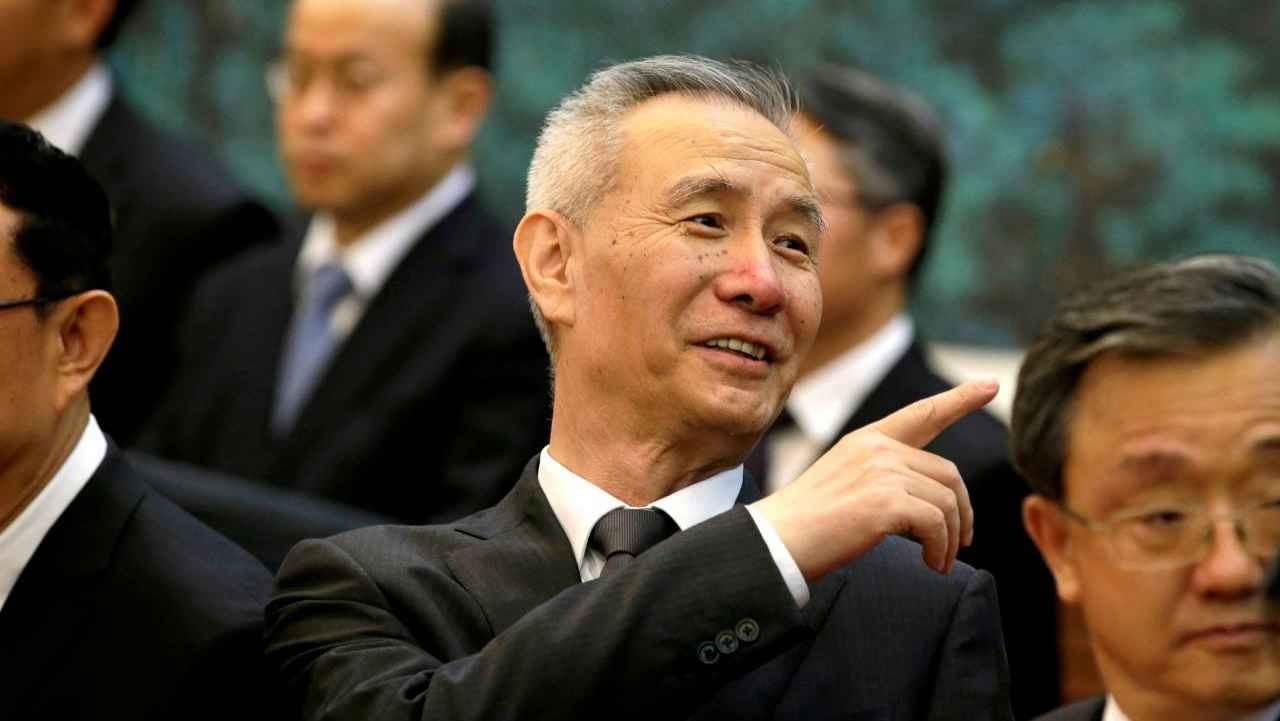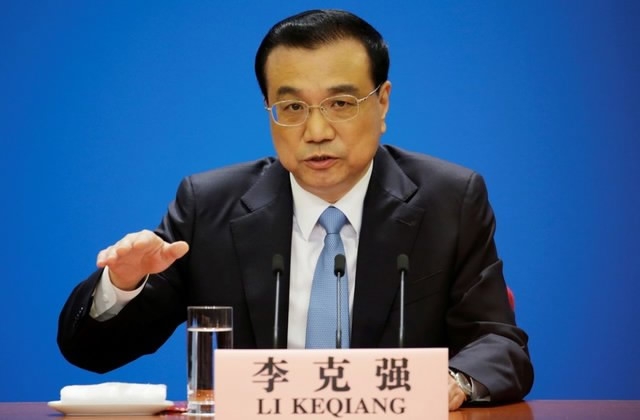
Business
08:37, 22-Mar-2018
World eagerly awaits China's response to US trade tariffs
CGTN's April Ma

US-China trade tension concerns will likely sit high on the agenda at the upcoming Boao Forum for Asia, as government heads, academia and business leaders gather to meet and discuss issues under the theme "An Open and Innovative Asia for a World of Greater Prosperity."
The last thing that will contribute to common prosperity is a full-fledged trade war, which could ultimately be the case if China unleashes similar tariffs to the ones imposed by the US on solar panels washers, steel and aluminum.

Reuters Photo.
Reuters Photo.
Tough gesturing and real action from US president Donald Trump aimed at leveling a "tilted" playing field in trade relations with China has since emerged as the biggest uncertainty in the global market, keeping investors on their toes.
Such tit-for-tat reaction at present seems less than likely. China has so far taken a measured response to the threat of US protectionism, showing restraint in retaliating against US tariffs and repeatedly urging its second largest trade partner to act rationally.
Even as Trump professes to use all possible tools to assert pressure on China, Beijing has stood firmly behind its stance that both sides lose out in a trade war, with Chinese Premier Li Keqiang stressing that the term “war”, used in association with trade, defeats the very purpose and principles of commerce.
What might China do to soothe Trump’s rage?

Reuters Photo
Reuters Photo
Beijing has already pledged to continue to open its gates to the world upon the 40th anniversary of the opening-up and reform policy. Newly-elected vice premier Liu He, then still holding a more discreet economic adviser role to President Xi Jinping, said that China in the coming year would move to enhance market access to finance sectors, further expand on imports, and push for a negative list – lists of exceptions to unlimited market access barring only specific companies and sectors from the Chinese market, instead of a more sweeping term. They also pledged to grant national treatment to all other foreign firms.
The trade deficit with China, currently at 284 billion US dollars, according to China’s figures – and at 375 billion dollars by US tallies, is at the core of Trump’s argument that China is not a fair player on the global stage, with policies that make it easier for China to sell to the world and for the world to export to China.
Another often wielded argument by Trump is that China’s joint venture polices require foreign firms to transfer technology to its local partners in exchange for market access. But the question has already been addressed. Premier Li Keqiang stated that the nation is adamant in further opening the market, and giving foreign enterprises an equal footing. Last November, China lifted a policy that restricted foreign companies from taking a controlled stake in electric auto joint ventures, has consistently cut red tape to give foreign banks a better footing, and recently promised to give foreign companies a level playing field to invest in and provide payment services.

Reuters Photo.
Reuters Photo.
The world jitters at Trump’s every fist shake towards China, anxiously waiting to see whether a threatened 60-billion-US-dollar package will materialize by the end of the week, and if so, whether China can still demonstrate its even-minded composure in the event of such a blow.
And while the world’s second largest economy now has a plethora of instruments at its disposal, from large imports of US soybean, orders of Boeing aircraft, cars and Apple devices, to halting purchases – or even selling off US treasury bonds, China has refrained from resorting to any remedial measures just yet.
The question hangs as TV pundits and economists try to assuage the spreading fear that the world will find itself caught in a trade war between the largest developed and developing nation, saying that we can only expect that both nations will remain sensible.

SITEMAP
Copyright © 2018 CGTN. Beijing ICP prepared NO.16065310-3
Copyright © 2018 CGTN. Beijing ICP prepared NO.16065310-3